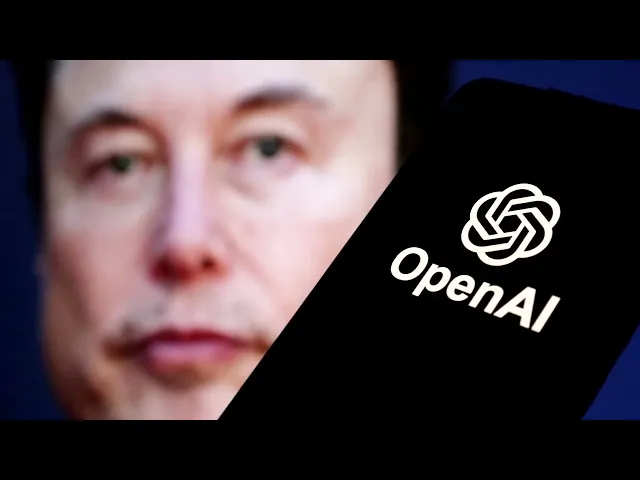AI Weekly: OpenAI vs Elon Musk

OpenAI enters social media race, battles Musk in court
OpenAI appears to be branching out from chatbots into social networking, according to a recent report from The Verge. The AI powerhouse is reportedly in the early stages of developing a social platform that would compete with Elon Musk’s X (formerly Twitter).
Sam Altman, OpenAI’s CEO, has allegedly been seeking outside feedback on the concept, though it remains unclear whether this would be a standalone product or something built into the ChatGPT experience. Either way, it marks an interesting expansion beyond pure AI tools into social territory.
Legal battles heat up with former backer
In what’s becoming quite the tech industry drama, OpenAI is now counter-suing Elon Musk, who previously took the company to court over its transition to a for-profit model. OpenAI claims Musk has engaged in harassment through “press attacks, malicious campaigns on X, and a sham bid for its assets.”
This bitter dispute between the ChatGPT maker and one of its original founders is headed for a jury trial next spring. It’s a stark reminder of how quickly relationships can sour in the fast-moving AI space.
Nvidia feels the China pinch
Meanwhile, AI chip giant Nvidia is facing financial consequences from US restrictions on China sales. The company is taking a substantial $5.5 billion charge related to new export controls on its H20 chips – previously the most advanced model they could still sell to the Chinese market following earlier restrictions.
This highlights the growing economic impact of technology trade tensions between the US and China, particularly in the strategically important AI sector.
AI takes on environmental monitoring
On a more positive note, Norwegian marine data firm Muros Group is putting AI to work detecting oil spills at sea. The system analyzes data from standard ship radars to identify potential contamination around offshore installations.
As Marius FIFO Orset from Muros explains,
Recent Videos
How To Earn MONEY With Images (No Bullsh*t)
Smart earnings from your image collection In today's digital economy, passive income streams have become increasingly accessible to creators with various skill sets. A recent YouTube video cuts through the hype to explore legitimate ways photographers, designers, and even casual smartphone users can monetize their image collections. The strategies outlined don't rely on unrealistic promises or complicated schemes—instead, they focus on established marketplaces with proven revenue potential for image creators. Key Points Stock photography platforms like Shutterstock, Adobe Stock, and Getty Images remain viable income sources when you understand their specific requirements and optimize your submissions accordingly. Specialized marketplaces focusing...
Oct 3, 2025New SHAPE SHIFTING AI Robot Is Freaking People Out
Liquid robots will change everything In the quiet labs of Carnegie Mellon University, scientists have created something that feels plucked from science fiction—a magnetic slime robot that can transform between liquid and solid states, slipping through tight spaces before reassembling on the other side. This technology, showcased in a recent YouTube video, represents a significant leap beyond traditional robotics into a realm where machines mimic not just animal movements, but their fundamental physical properties. While the internet might be buzzing with dystopian concerns about "shape-shifting terminators," the reality offers far more promising applications that could revolutionize medicine, rescue operations, and...
Oct 3, 2025How To Do Homeless AI Tiktok Trend (Tiktok Homeless AI Tutorial)
AI homeless trend raises ethical concerns In an era where social media trends evolve faster than we can comprehend them, TikTok's "homeless AI" trend has sparked both creative engagement and serious ethical questions. The trend, which involves using AI to transform ordinary photos into images depicting homelessness, has rapidly gained traction across the platform, with creators eagerly jumping on board to showcase their digital transformations. While the technical process is relatively straightforward, the implications of digitally "becoming homeless" for entertainment deserve careful consideration. The video tutorial provides a step-by-step guide on creating these AI-generated images, explaining how users can transform...
